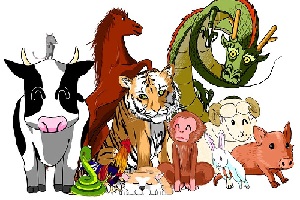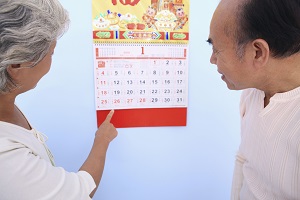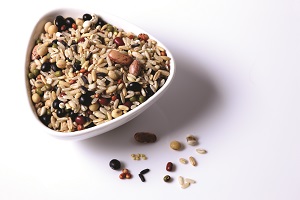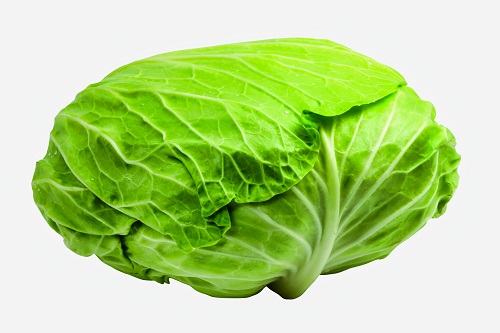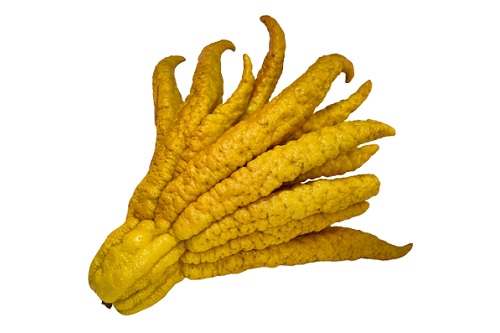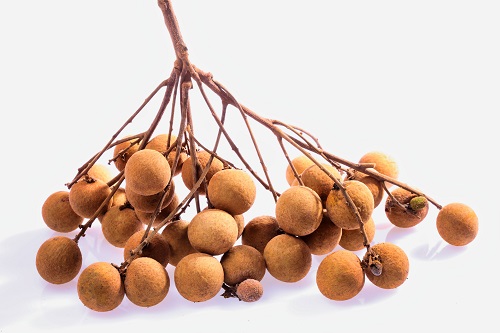One of the ancient Chinese customs that is still practiced traditionally today is the celebration of an infant’s life a full month after birth.
For starters, the term 满月 (man yue) refers to full moon instead of full month.
This is because from the Chinese lunar calendar, the end of each month coincides with the appearance of a full moon.
Because the word 月 can mean both month and moon, we tend to think the word when used in this context refers to month.
Moreover, upon reaching the age of 1 month, that day might not be a day of a full moon.
So it is understandable that we tend to term it as a full month rather than full moon.
Just know that from this point onward, when full moon is mentioned, it means a full month.
These days, a lot of young couple celebrate this milestone in the baby’s life with a party inviting all their relatives and friends to join in the festivities.
However, it must be noted that traditionally, this day is not marked solely for a party. It customarily consist of some symbolic steps as well.
1) Hair shaving
Culturally, the baby’s hair is not cut for the very first time until the full moon date. Or before he or she is 100 days old.
The head of hair that a baby has at birth is called blood hair 血发 (xie fa). This blood hair is believed to be contaminated with the mother’s blood during childbirth and failing to shave them can be offensive to the gods.
The belief is that shaving the hair of the child would help enable the growth of a full luscious head of hair long into adulthood.
So if you don’t want your son or daughter going bald prematurely, then this is a step that you shouldn’t skip at any cost.
In modern times, due to the fancy hairstyles that celebrities spot, young parents have slowly adopted the practice of cutting and styling the child’s hair instead of shaving it.
It must be noted that scissors carry negative energy and should not be brought anywhere near a defenseless infant. This is a reason why Chinese customs choose to shave instead of cut.
Whatever the case, cutting or shaving bears the symbolism that the event is supposed to represent.
The hair is then collected and crafted into a calligraphy brush to place him or her on a firm footing to potentially attain great honors in academic performance.
In ancient times, passing the imperial exams is a monumental life event by itself.
It implies an entry to government positions of power and influence. Something that every parent would be proud of.
This brush is sometimes engraved with idioms, messages, or poems depicting academic success and achievements.
After the shaving, this stage is accompanies by a special bath for the baby with bathwater containing eggs and scallions.
Eggs are meant for the baby to inherit beautiful skin, while scallions written as 葱 (cong) in mandarin is a homonym of 聪 (cong) which means intelligence.
2) Paying respect to ancestors
The next step is to pay respect to ancestors.
This is to introduce the new member of the family to ancestors and obtain their blessings for the child’s good health and happy life.
In some cases, the bazi of the child is presented to the ancestors as well.
This process of worship includes the offering of customary food like red tortoise cakes (Ang ku kueh), fruits, rice, etc.
3) Dressing up ceremony
In mandarin, this ceremony is called 送头尾 (song tou wei). It literally translates to gifts from head to tail”.
The meaning behind it is that the baby kit consisting of 12 gift items will dress up the baby from head to toe.
The kit of gift set is supposed to be offered by the mother’s family and consists of:
- Baby hat
- Baby shirt
- Baby trousers
- Blanket
- Diapers
- Gold jewelry
- Infant sling (for boys)
- Pair of baby shoes
- Pair of baby socks
- Pillow
- Red packet containing money
- Silver jewelry
Some cultures make it a point that these gift should be presented by the mother’s mother, who is the grandmother. And symbolic gifts can be so specific as to list down 120 buns, 120 dumplings, 80 eggs, 10 sets of hats and shoes, etc. Ancient writings also state that one of the hats should be in the form of a lotus hat which means good luck.
In exchange, the father’s family would offer baked foodstuff, sticky rice, and eggs dyed in red, as well as peanuts dyed in red, to represent the auspiciousness of the occasion. It is customary for all guest to have at least one reg egg.
While the above 12 items are for more practical purposes, sometimes a different set of items are given which are more symbolic in nature.
These include:
- Celery
- Chives
- Coins
- Duck and chicken eggs dyed in red
- Garlic
- Longans
- Mugwort
- Rice
- Scallions
- Stones
4) Party
While we call it a party, it is more of a social gathering to mark the milestone day.
Some families choose to go with a banquet feast, some go with catered buffets, some go with a simple lunch, etc.
The important thing is families and friends to celebrate the occasion together in a social gathering.


